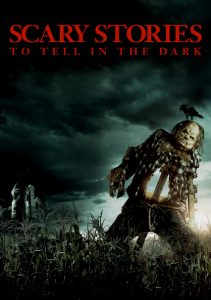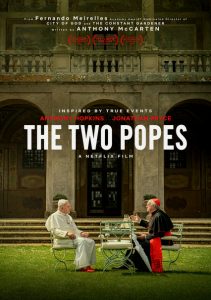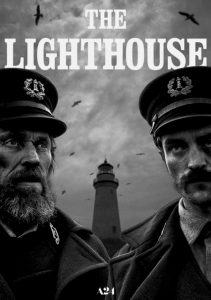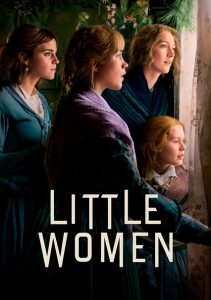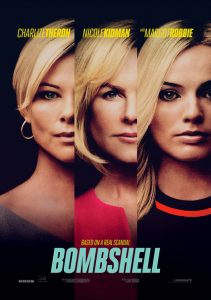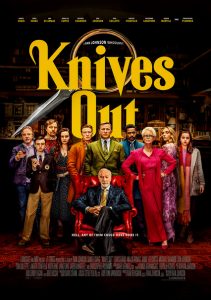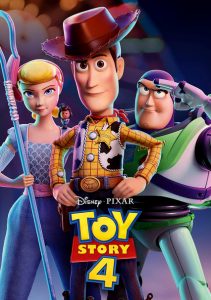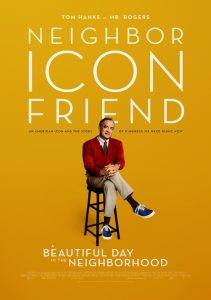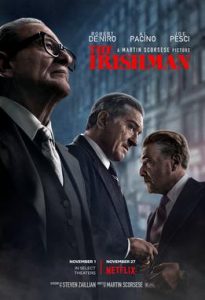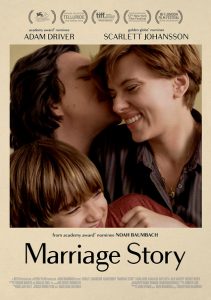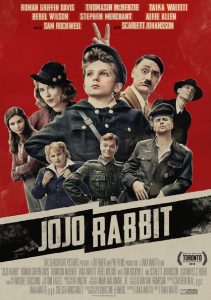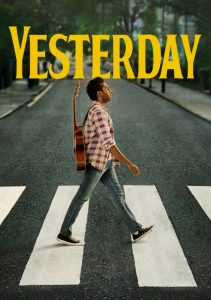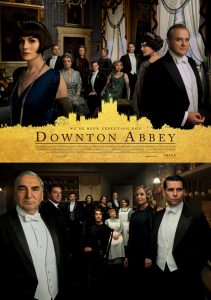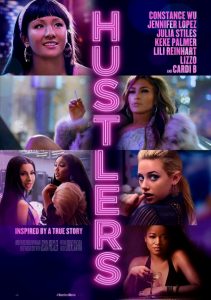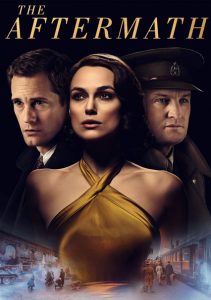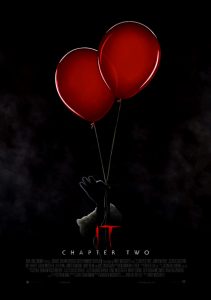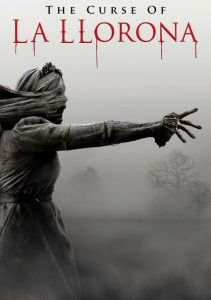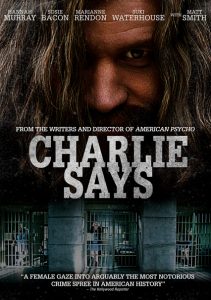Scary Stories to Tell in the Dark- 2019
Director Andre Ovredal
Starring Zoe Colletti, Michael Garza
Scott’s Review #997
Reviewed March 10, 2020
Grade: C+
Admittedly, not having read the series of books that Scary Stories to Tell in the Dark (2019) is based on, nor knowing the books even existed, may have influenced my opinion. Still, the film is lackluster at best, serving up some creative moments, but more silly ones.
The film is too polished, uneven, and feels too similar to modern projects like It (2017) or the television series Stranger Things to have its individuality.
A few interesting moments or sequences exist, but not enough to recommend.
The creepy children’s books written by Alvin Schwartz are adapted into film form, as the 1968 Halloween period is brought to life.
The small town of Mill Valley, Pennsylvania, serves as the backdrop for the historic Bellows family mansion, which has loomed over the city for decades and holds a haunting mystery.
Sarah, a young girl with dark secrets, has transformed her troubled life into a series of terrifying stories, written in a book that has transcended time.
After a group of impressionable teenagers discover Sarah’s terrifying home, they uncover her stories, and they become all too real.
The visual effects and images are the film’s high point.
Several visceral and stylistic sequences deserve admiration and mention. When one of the panicked teenagers scrambles into a mental institution, he is met with a horrific, blood-red glowing image that surrounds him.
As he attempts to escape, a ghastly, bloated figure slowly approaches him from all sides.
Later, a freakish person known as The Jangly Man, able to reconstruct itself from separate body parts, pursues one of the teens. These scenes are credible and inventive. The look of the film is its only real success.
The late 1960s time period both works and doesn’t work. Getting off to a splendid start, the theme song performed by Donovan, “Season of the Witch”, also incorporated over the closing credits, is a positive and provides a nice mystique.
Since the date is supposed to be Halloween, this is fitting, though too few other seasonal reminders ever exist so that the viewer soon forgets it is Halloween at all.
Attempts to make the characters look the part are feeble, resulting in modern actors clad in 1960s attire, which reduces authenticity.
Mentions of the Vietnam War, while politically left-leaning, are only added for story purposes, feeling staged.
Once and for all, a note to filmmakers: making a character wear glasses to appear intelligent is a gimmick done to death and no longer works.
Actor Zoe Margaret Colletti is fine in the central role of Stella and does her best with the material she is given.
Still, the realism is lacking, resulting in an overwrought quality. The character feels more like a Nancy Drew-type than anything more profound.
Viewers are supposed to believe the convoluted story that Sarah was abused and now resides, as an older woman, in a secret room and scripts a book of horror stories that come to life and wreak havoc on those who enter the haunted house.
Stella manages to channel Sarah, as an adult, and convinces her to stop writing and cease the terror with a weak message of female empowerment. The events are so far-fetched, and the storyline is dictated that it eliminates any character development from the film.
Scary Stories to Tell in the Dark (2019) struggles to determine its target audience. Is it young adults or an older audience seeking a Halloween-themed scare?
The story is too complex and confusing for both the audience and anyone else.
The visual effects are fantastic, especially the stylistic red and black end credits, but the overall context suffers from a lack of continuity and becomes a forgettable experience.
